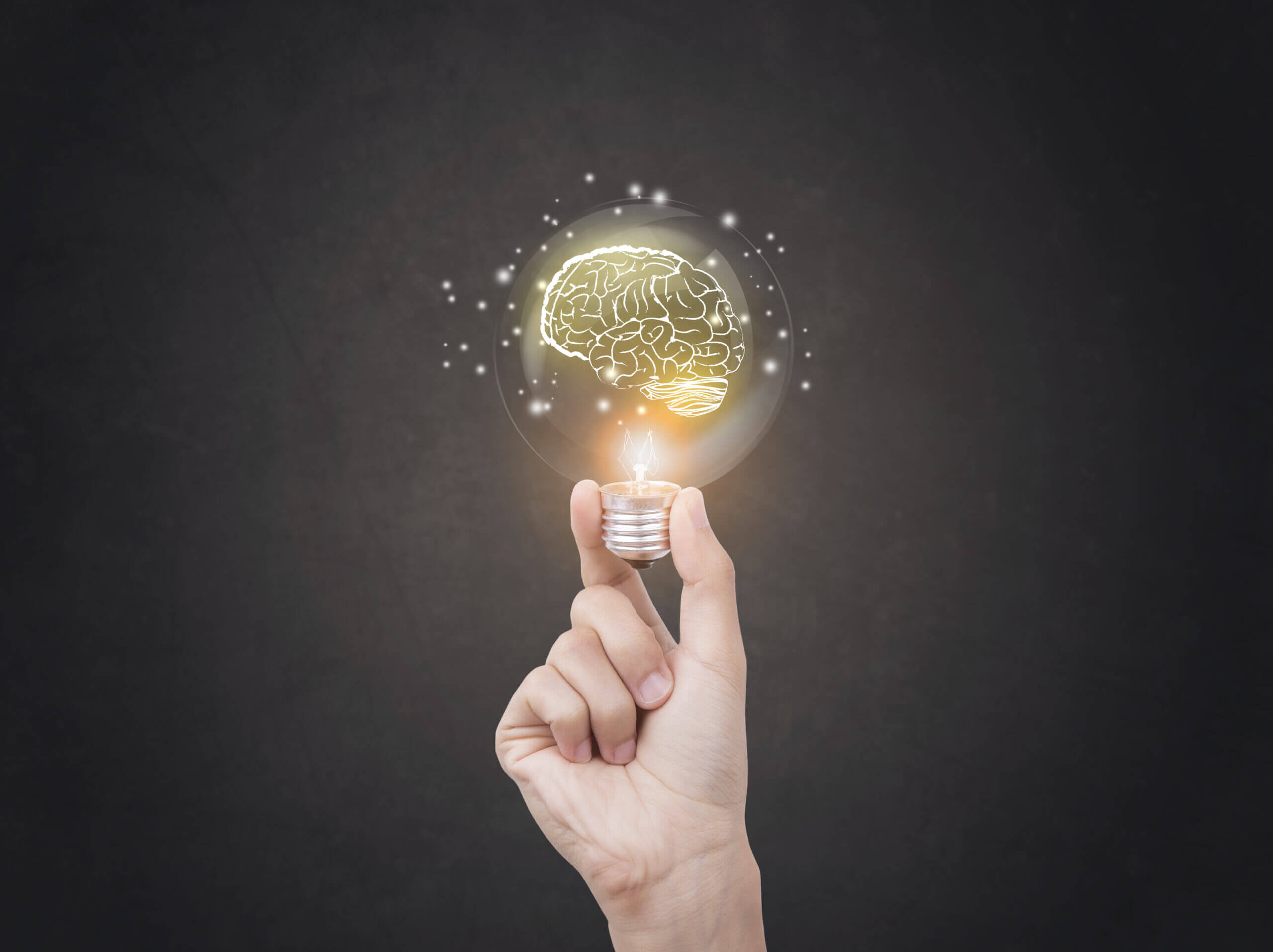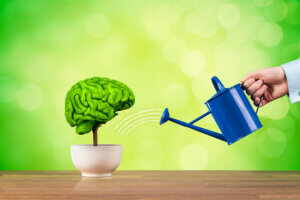Memory is important to a person in all areas of their life: it is essential for their learning ability, decision-making processes, concluding, and preserving themselves from dangers or behaviors that may jeopardize their security.
However, as we grow older, our memory mechanisms become less and less efficient, and we encounter various situations of forgetfulness.
In this article, we will expand on the scope of memory, discuss memory problems and forgetfulness, explore whether there are advantages to forgetting, and mention several ways in which we can activate and train the brain to preserve and strengthen memory.
What is forgetfulness and what is memory?
Memory is a person’s ability to retain information received from the senses and events that have occurred to them by storing and storing it in the brain and retrieving it when needed. The word “memory” refers both to the stored information itself and to the ability to retain information. Unlike computer memory, where information stored in it appears on the screen when the appropriate key is pressed, the information in our memory is not static. Every time we remember something, we change the memory itself. Memory is highly significant in all areas of life and a person’s learning ability. It can be said, without exaggeration, that memory is critical for survival. It allows us to use knowledge acquired in the past, the experience gained, and the insights drawn. Through memory, people interpret new experiences and add them to everything previously stored in their brains. There are several types of memory, with the earliest among them being short-term memory, in which information is stored for seconds to a few minutes. Then the information passes through the hippocampus, where it is processed and undergoes consolidation, and finally, the information reaches long-term memory storage.
Forgetfulness is related to difficulties in processing information, faulty storage, or difficulty retrieving it. As people age, the efficiency of their memory processes decreases. However, in addition to age, a person’s memory state is directly influenced by their medical, emotional, physical, and psychological condition. Conditions such as stress, problematic or unsatisfactory sleep, concentration problems, and side effects of certain medications can also affect memory and forgetfulness.
Memory problems and difficulties in forgetting typical of older adults include:
– Difficulty retrieving words or names
– A word “on the tip of the tongue” but unable to retrieve it from memory
– Forgetting where objects are placed and their location
– Forgetting the content of a conversation, names, tasks, and the like.
When is it recommended to consult a doctor and assess cognitive decline?
– If forgetfulness persists over a period of time
– If forgetfulness impairs daily functioning
– When there is difficulty remembering familiar names or recognizing familiar individuals
– In situations where forgetfulness may jeopardize a person’s safety or the safety of those around them.
Are there advantages to forgetting?
It turns out that there are essential advantages to the proper functioning of the brain. Frankland and Richards, two Canadian researchers who studied the neurology of the brain, argue in their research that the brain has mechanisms that encourage forgetting memories. According to their research, the delicate balance between memory and forgetting enables a person to make wiser decisions. According to their findings, the ability to forget is composed of two mechanisms. One mechanism is the weakening or disconnection of connections between nerve cells in the brain that process memory. The second mechanism is the creation of new nerve cells intended for encoding and processing new memories. These mechanisms reshape the circuits of connections between brain cells and “overwrite” older memories with new ones. Thus, it becomes more challenging for a person to recall older information since this mechanism weakens the retrieval of previously established memories.



